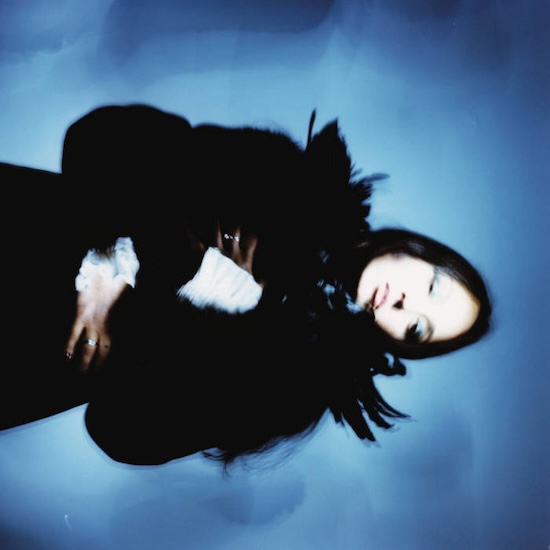The artist Rosi Crucci disappeared in 1988, leaving only a handful of field recordings, recordings, journal entries, and poems in her place – any extensive online searching will turn up nothing. By the 90s, the London-based Italian musician Nathalia Bruno had moved into her house, and would steal her way into the attic space that contained Crucci’s works to become lost in them. Through 11 Points in Time, Bruno creates a genuinely fascinating alchemy with what she left behind. I love a good mystery, especially a music history mystery, so I couldn’t wait to dig in.
11 Points in Time feels like a bit of an anomaly in 2024. Perhaps you could file Bruno’s album with contemporaries like Voice Actor and Great Area in terms of vocal delivery and storytelling, but it has more faded glamour. Bruno herself describes the album as a “canvas to rewire the vision of the future as colourful and old, ceremonial and rust beaten”, creating the sense that time is looping back to Crucci’s memories but through a modern lens. In a time when retro-pop seems a bit overdone, DRIFT. has found a way to make it interesting again.
While this album’s reference points are embedded in the past, they’re pretty niche. The album echoes those mysterious forgotten 80s artists like Jeanette (whose Prefab in the Sun sounds like the diary of a new wave-inspired LA writer), Judy Nylon’s intensely woozy Pal Judy, and also Coil’s Musick to Play in the Dark Vol. 1 in its sampling of birdsong. What ties all of these artists together – including Bruno – is that they all imbue industrial and ambient pop with a kind of washed out, detached storytelling. Often, their lyrics feel non-urgent, disjointed and contain non-sequiturs, making the actual narrative difficult to follow. It adds to their wonderful impenetrability. They all contributes to the sense that something is being revealed to you, but in a sort of poetic, codified way. This isn’t your 6 Music dad’s landfill sprechgesang.
‘No Man’s Land’ really lands you in this approach – you really have to focus in order to make out what Bruno is whispering, with “they’re taking your mother away / they’re taking your brother away” being the most urgent, audible lyrics. It’s like she’s left you with all the pieces of a puzzle, a dramatic event or night before, and you’re trying to put it all back together again. The repetitive, slightly out-of-sync piano provides an unlikely backing to this story, which instead of fading out just ends abruptly.
The closest you get to a folk ballad is on ‘Mirrors’, which opens with birdsong samples and a pattering guitar melody, creating the pace of a hazy Mediterranean afternoon. But most of Bruno’s palette avoids this kind of clarity: it’s all dusty drum machines spluttering into life, distant saxophones, airy synths and piano – an opulence that doesn’t sound expensive or exclusionary.
Maybe the muddiness and esotericism of 11 Points in Time will frustrate listeners who want a bit more realism in their lyrics, or more tangible musical hooks to cling to. I’m personally finding this album very refreshing: it leaves the story of Crucci’s artwork in your hands to define it, using your imagination to make of it what you will.


